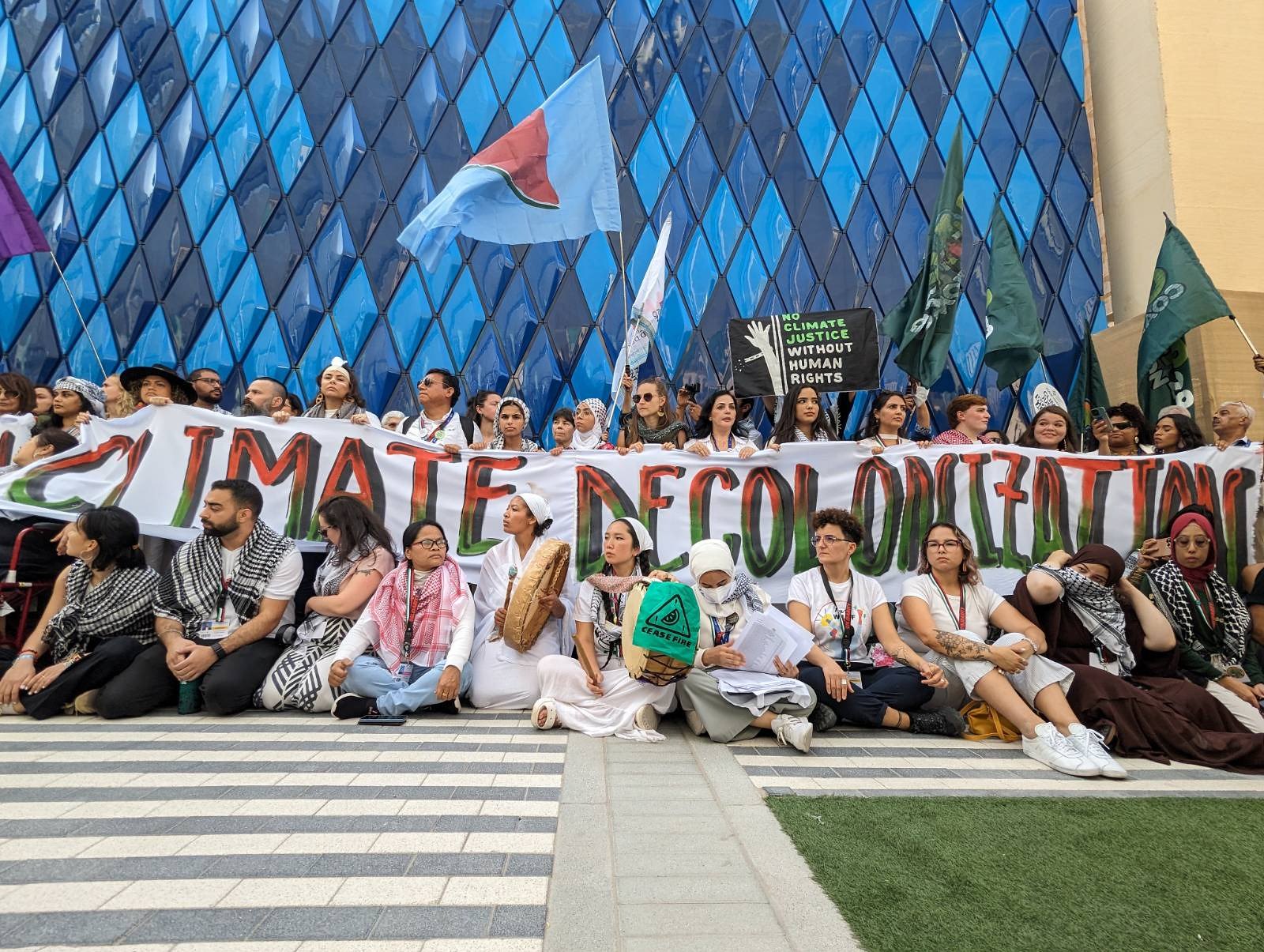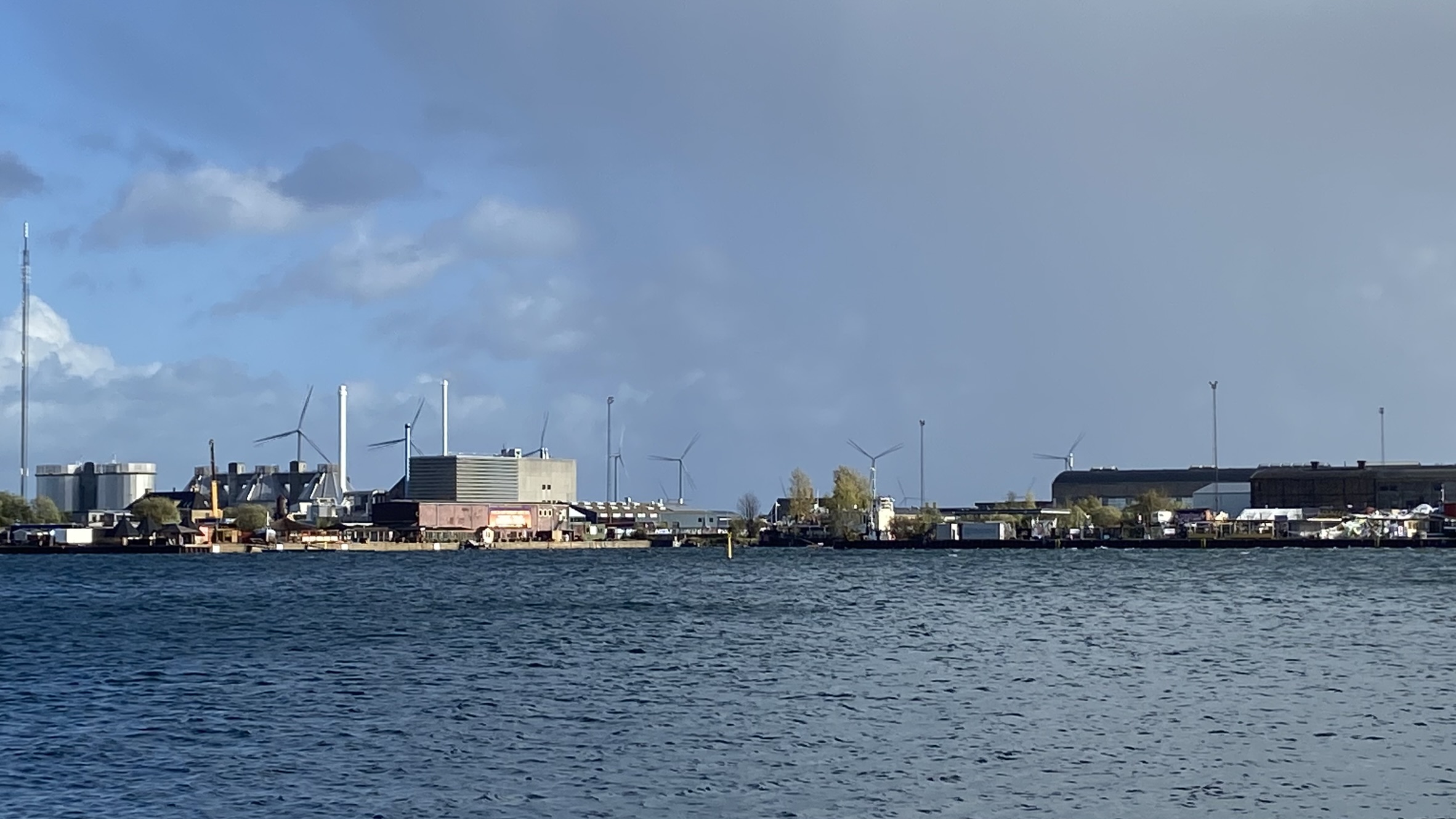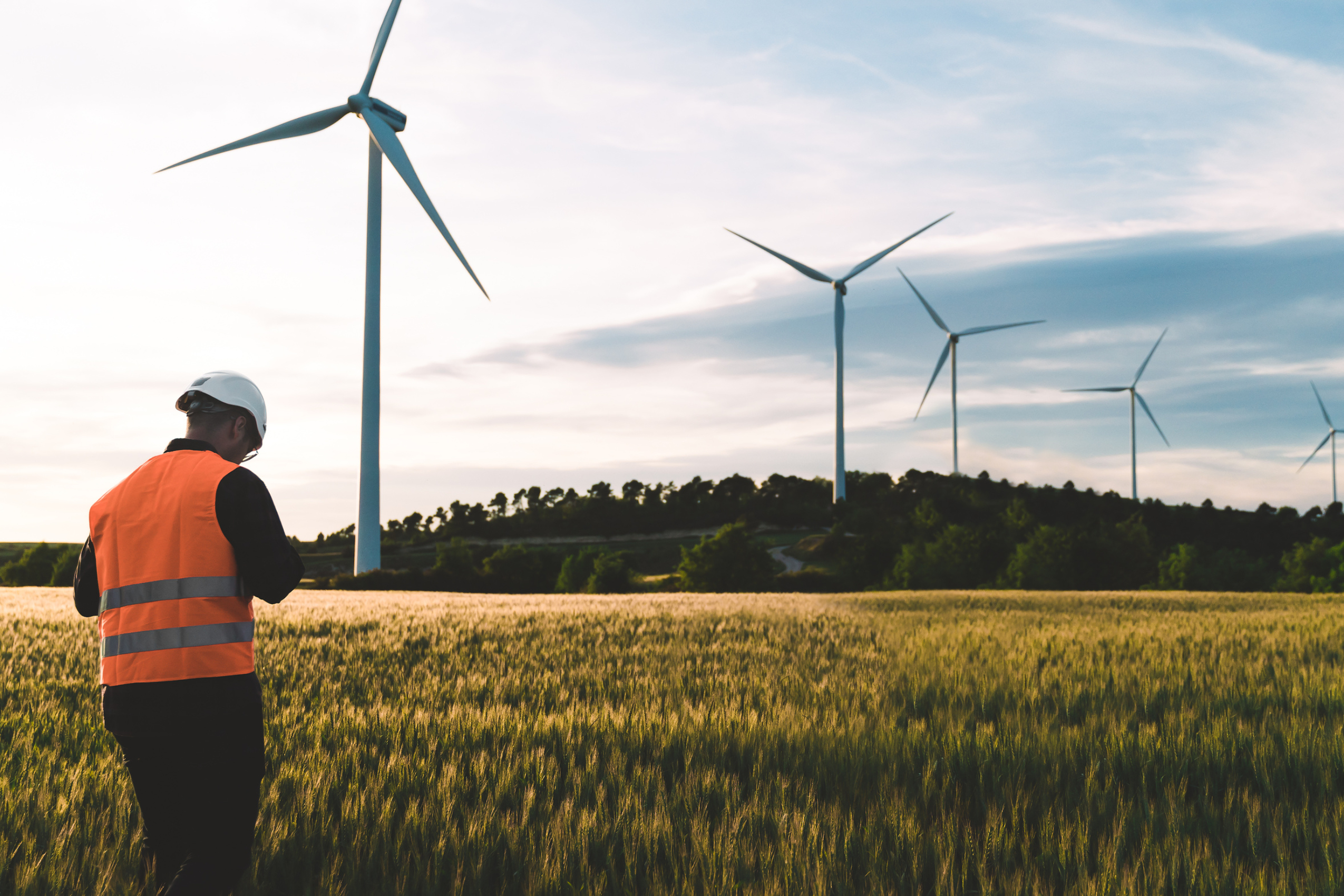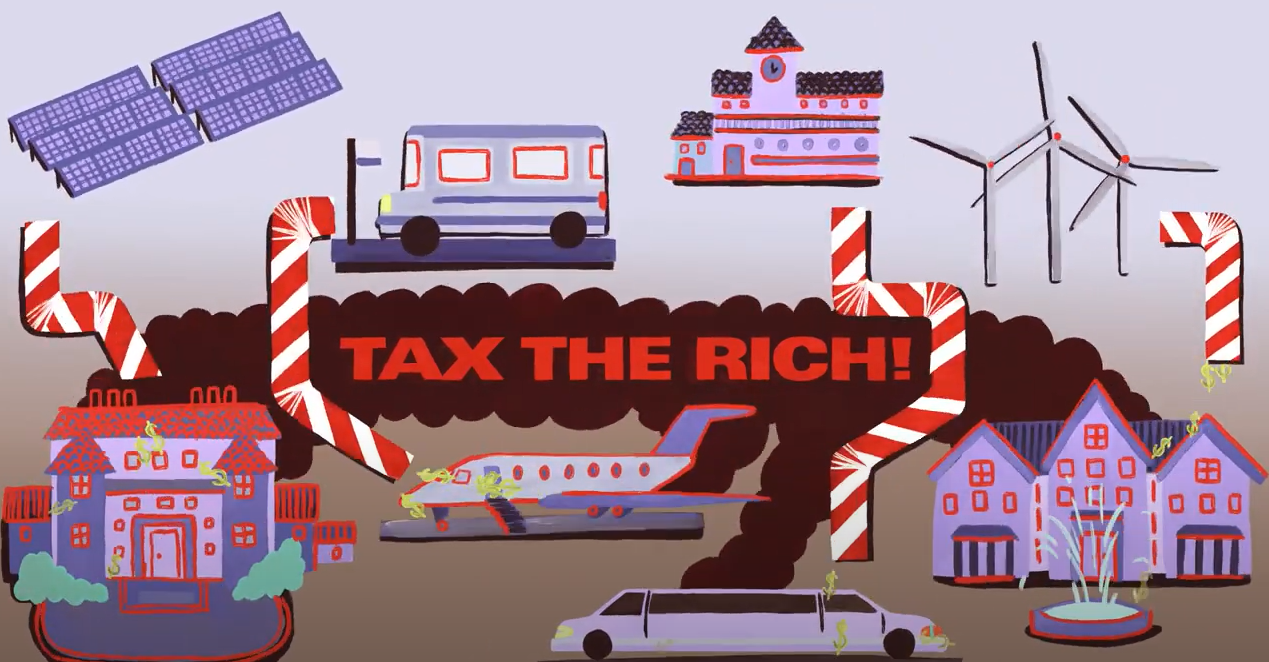The RLS International Climate Justice team talked with José Daniel Rodríguez Orúe, Front Convener for Latin America for the World’s Youth for Climate Justice (WYCJ) about a key UN decision on climate action.
On March 29, the UN General Assembly (UNGA) passed a resolution calling on the International Court of Justice (ICJ) to give a legal opinion on the obligation of states to enact climate action in line with the Paris Agreement. What does this resolution seek to do?
The resolution calls on the ICJ to clarify the legal obligations States must adhere to for the protection of other States, as well as present and future generations, from the adverse effects of climate change. It asks the ICJ to clarify the consequences of States’ actions or lack thereof, which result in damage, particularly in climate vulnerable States. The resolution additionally asks the ICJ to clarify the legal consequences of such damage with respect to persons and peoples most affected by climate change.
From the World’s Youth for Climate Justice (WYCJ) perspective, we believe that the advisory opinion will be a crucial step in achieving climate justice and strengthening governance in global climate negotiations. Although not legally binding, it will be a crucial legal statement that will aid in incorporating accountability and human rights notions into the international climate framework.
Could you tell us a bit more about this initiative? Who instigated it? What was their motivation? How were you personally involved?
In 2012, Palau and the Marshall Islands tried to seek the opinion of the ICJ on the international responsibility of states regarding the damage caused by climate change. However, this attempt was blocked by several countries, including the United States, who limited discussions on responsibility and compensation for climate change damage.
This current initiative has its origins in the efforts of a group of 27 law students from the University of South Pacific, in Vanuatu, who in 2019 developed a project to examine existing legal avenues to place human rights at the center of climate change law and policy. The students presented their ideas to the Vanuatu government. Vanuatu then spearheaded the diplomatic efforts to gain regional and then global support for the resolution. For their part, the students organized themselves as the Pacific Island Students Fighting for Climate Change, and led an inspiring civil society movement that gained the support of more than 1,500 organizations. Out of this youth movement grew the WYCJ, a global youth organization taking climate change to the world’s highest court.
For my undergraduate thesis, I explored the ways in which States could be held responsible for the damage caused by climate change, including in human rights fora. While conducting my research I found that the WYCJ were looking for campaigners from around the world. My younger brother had just been born and I was looking for ways in which I could make a change through the law. Until then I had been focused mainly on academic discussions which I didn’t feel had a tangible impact on the lives of people in Costa Rica. Motivated by the action-oriented vision of WYCJ, I submitted my application to them and was subsequently welcomed into the organization and worked in WYCJ’s Academic Taskforce for a year. For the past nine months, I’ve been coordinating the regional front for Latin America of WYCJ, engaging with States and youth organizations from the region with the goal of facilitating their involvement in the ICJ’s proceedings.
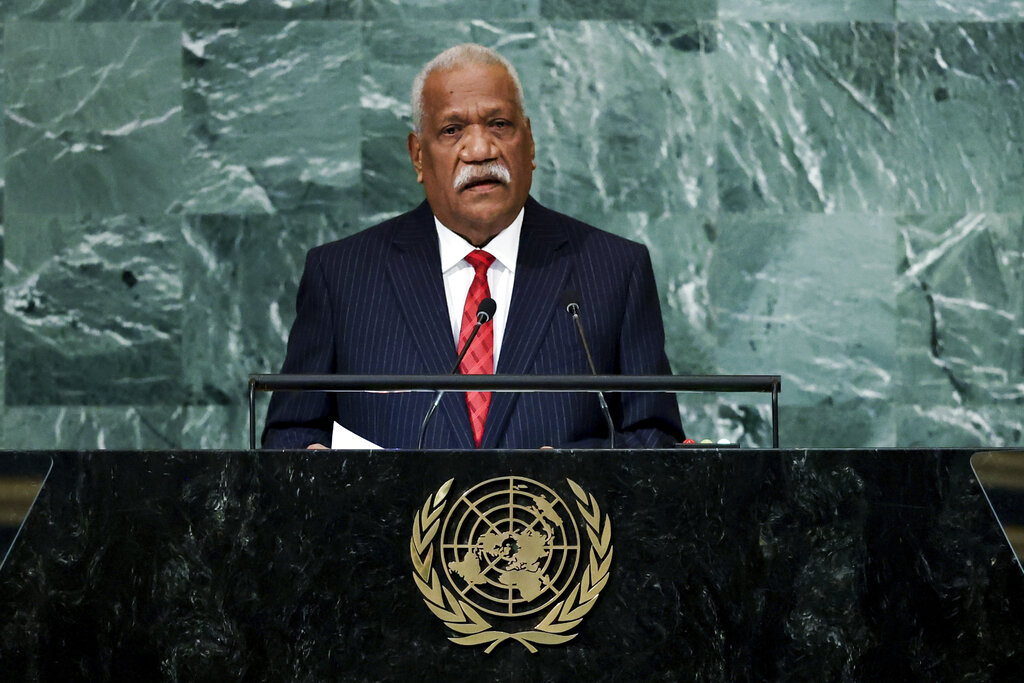
Collaborating with parties to become signatories to a resolution often requires a process of negotiation and compromise. What parts of the resolution are you most happy with?
The strategic efforts of the Vanuatu government and the core group behind the drafting of the resolution must be commended as they had many internal discussions anticipating potential backlash. They managed to devise a text which was accepted by the simple majority of States needed without compromising the key drives behind the initiative. For the first time in history, a request for an advisory opinion was adopted by consensus, because the contentious issues which would have called for a vote were anticipated and addressed in the informal negotiations leading up to the draft resolution.
We at WYCJ are most happy with the direct references to present and future generations, as well as damage caused to persons and peoples more vulnerable to the climate crisis referred to as human rights violations. We’re also very happy to see the inclusion of relevant human rights treaties which the ICJ has been asked to interpret in the context of climate change, such as the International Covenant on Economic, Social and Cultural Rights (ICESCR) and the International Covenant on Civil and Political Rights (ICCPR).
Can you say what you would like to see in the legal opinion of the ICJ? How could it be most effective in actually holding polluters to account?
WYCJ are strongly advocating for legal clarity on the notion of intergenerational equity and the human rights obligations States have in the face of the climate emergency. Even though the principle of intergenerational equity is already recognized in the Paris Agreement and the United Nations Framework Convention on Climate Change (UNFCCC), there is little legal clarity on the specific consequences this principle has on climate change obligations. The same applies to the specific human rights obligations States must comply with regards to climate change.
The body of international law currently applicable to climate change is fragmented, resulting in a lack of legal clarity for States and citizens alike. We believe that an advisory opinion from the ICJ will provide such legal clarity, and harmonize the different obligations of States to reverse dangerous anthropogenic climate change not only under the specialized climate treaties, but also under general principles of international law and human rights law.
Specifically, we hope the ICJ will provide legal clarity on the human rights obligations of States regarding climate change. In turn, this will empower civil society to demand greater climate ambition from their States. The advisory opinion will also provide authoritative legal guidance for regional and national courts facing climate litigation both against States and private entities. In addition, the ICJ’S opinion could contribute to processes within UN climate change negotiations, integrating human rights and climate justice at their core.
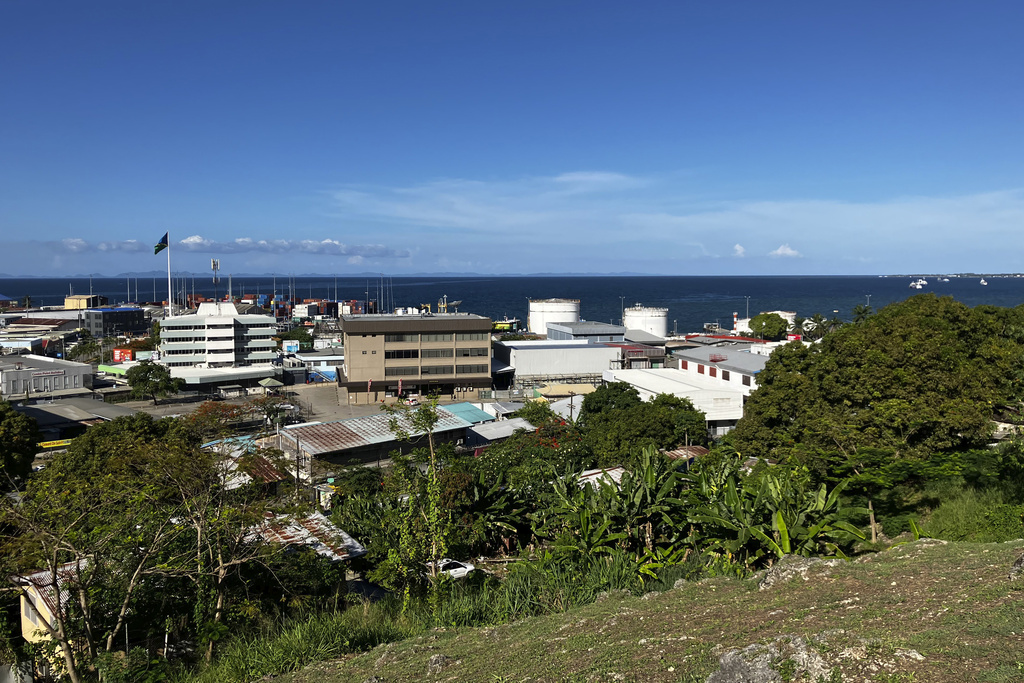
In total, well over one hundred parties were co-sponsors – an impressive amount that included major blocs such as the EU. However, there are some notable omissions, perhaps most significantly the United States, China, India and some of the major oil producing states. How do you think that speaks to the support of the resolution?
The resolution was open for co-sponsorship since its release in March 1 to its adoption in March 29. In this sense, all UN delegates had the opportunity to co-sponsor the resolution. It is worth highlighting that even though certain States did not support the initiative, they didn’t campaign against it either. If only one State calls for a vote, then a vote needs to be held to pass a resolution. No State called for a vote, and I think this is sends a clear political message that none of these countries wanted to be seen as working actively against climate justice in front of the international community.
Climate change particularly affects the rights of indigenous peoples and other marginalized communities. Can you say something about the potential relevance of this decision to the struggles of those communities?
Indigenous communities are indeed disproportionately affected by climate change impacts. Indigenous peoples have a spiritual connection to their territories and nature itself. When those territories are degraded or polluted, or they are forcibly displaced due to climate change, they lose part of their cultural identity. This impact is also intergenerational, as future generations of indigenous peoples will not be able to connect with the integrity of their territories in the same way their ancestors did.
However, we should never think of those most vulnerable to climate change as passive subjects of protection, but rather important agents of change. Indigenous peoples are the guardians of most of the world’s biodiversity, and we have a lot to learn from them in order to find a societal model that is compatible with nature. In this sense, we believe the advisory opinion will constitute an important tool for indigenous communities to defend their rights and territories in the face of climate change.
For example, we would expect the ICJ to make it clear that, under international human rights law, indigenous peoples have the right to public participation and prior consultation on projects and policies that affect them. This is especially relevant when it comes to climate change, as some measures might backfire and actually create more injustice (for example, investing heavily in hydropower within an indigenous territory).
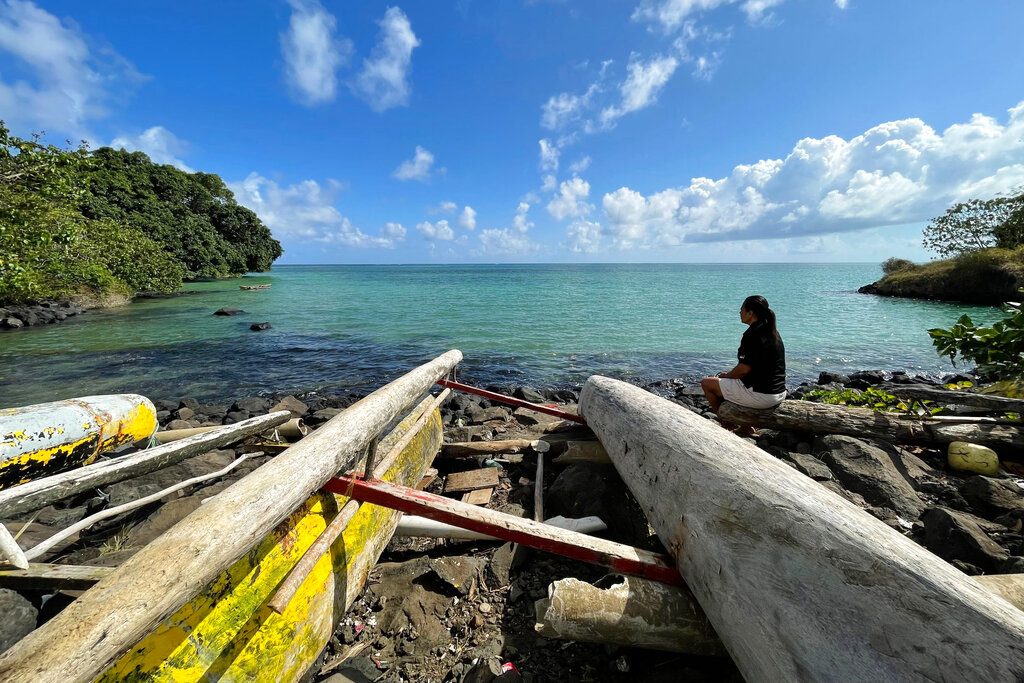
Climate change is increasingly understood as a human rights issue. Last year saw the establishment of the human right to a clean, healthy and sustainable environment. Do you think this played a role in the success of this resolution and how could this resolution contribute ensuring those rights are respected?
Climate change is one of the most pressing threats to the enjoyment of human rights across the world. This is because climate change widens existing inequalities within States, and therefore those most marginalized by the current economic model will face the brunt of the crisis. Moreover, because of the impacts that climate change has on water availability, it will significantly contribute to the exacerbation of drought, and increasing conflicts due to resource shortages.
The international community has slowly but steadily been addressing this issue through various resolutions and treaties that call for the protection of the environment. The UNGA resolution on the human right to a clean, healthy and sustainable environment was a very important step, because it recognized the call for concrete actions from States to ensure these rights are upheld (for example, taking mitigation and adaptation measures to fight climate change). The initiative was led by Costa Rica, who also was part of the core group behind the advisory opinion resolution.
The ICJ could make the relationship between climate change and human rights clear from a legal standpoint, establishing the corresponding obligations for States to protect human rights in the context of climate change. This includes taking into account existing Economic Social and Cultural Rights (ESCE) standards and applying them to climate change (such as the principle of progressive development of ESCE rights).
Youth movements in particular have been looking to judicial processes, filing lawsuits and tabling resolutions. A prominent case would be the constitutional court of Germany siding with youth activists in 2019, forcing the government to enhance its climate action targets in the spirit of intergenerational equity. What do you think has caused this trend and how do you see this movement developing?
The youth of the world are calling for bolder and effective measures to fight climate change, but the existing legal regime has not provided the necessary accountability to ensure that countries’ climate goals are ambitious enough or even implemented. The German case was very important because it clarified the national scope and content of intergenerational equity, and this led to a substantial increase in the German government’s climate commitments. But you can see this litigation transcend into regional and international mechanisms, such as some of the cases pending before the European Court on Human Rights and the UN Committee on the Rights of the Child.
The ICJ advisory opinion campaign is also part of this growing tide of movements of young people who feel their States are not doing enough to reverse climate change, and trust in the judicial system to address this. As a global youth movement, we’ve published the Youth Climate Justice Handbook to influence States’ positions before the ICJ. This document provides the most progressive legal arguments on climate justice and human rights.
We, the world’s youth, want to have a future as well as ensure a future for those generations to come. This is the reason why those of us in the legal field are seeking every legal avenue available to correct the ineffectiveness of climate change law. We believe that the implementation of the advisory opinion will influence and provide guidance to ongoing and future cases brought by young people before national and international courts.
José Daniel Rodríguez Orúe is a young Costa Rican lawyer with a background in International Human Rights Law. He has conducted legal research on the international standards applicable to human rights violations arising from climate change. He has a degree in Law with a focus on Environmental Law from the University of Costa Rica and worked for five years as a legal assistant for the Inter-American Court of Human Rights. He currently serves as Front Convener for Latin America for the World’s Youth for Climate Justice (WYCJ) and as an independent human rights consultant.
